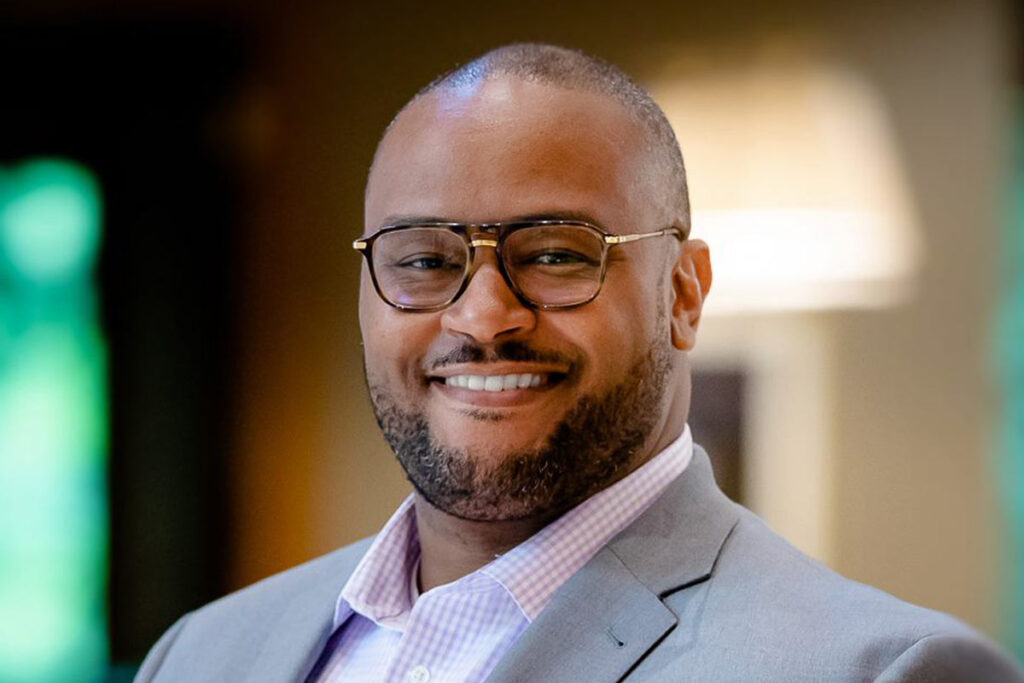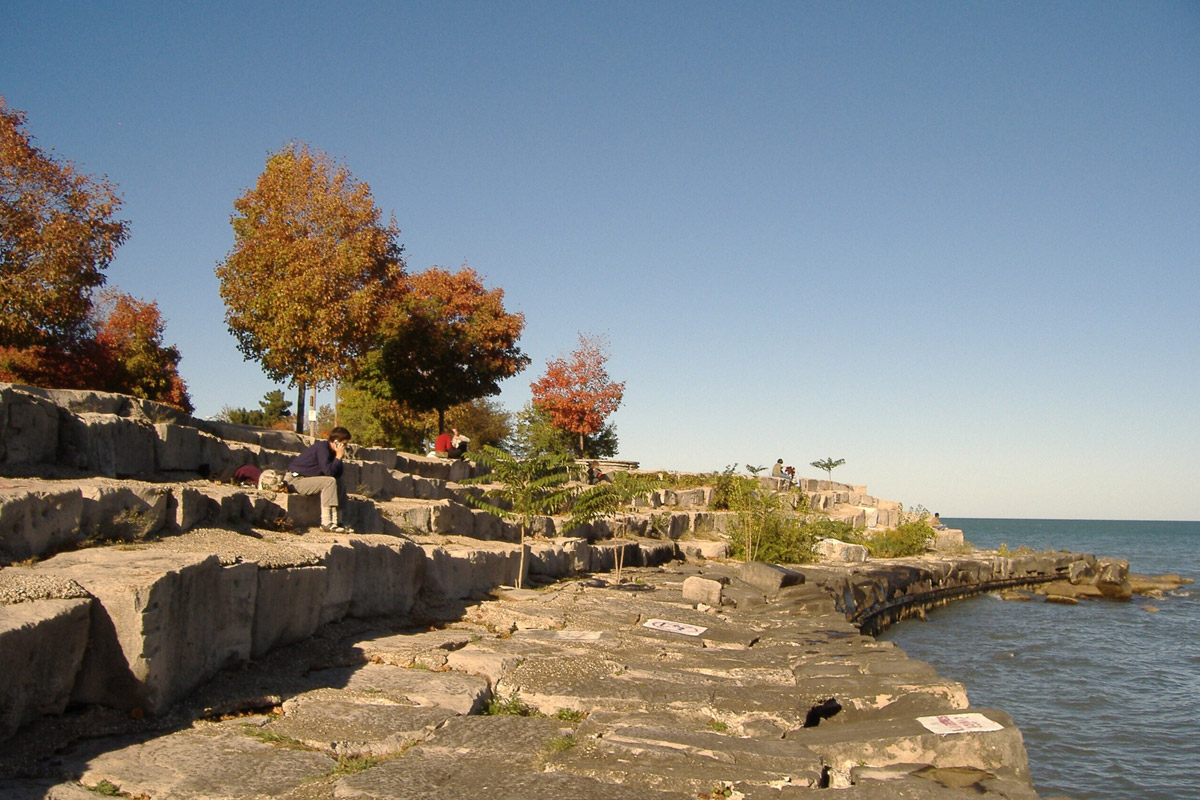
Stephen Styles
He/Him
MA
What is your favorite memory of your time at LSTC?
The planning and facilitation of LSTC’s first monthlong celebration of Black History Month in February 2020. It felt good to raise a lament and be heard, secure funding and to be part of the team that brought it all together. It was right before COVID and was a wonderful time.
What was the most meaningful class you took?
“Caring for the Dying and Bereaved” with Dr. Kadi Billman. I learned so much about my own grief and what it takes to minister to people in that critical time. I also gained practical insights that I was able to use in service to my family when my father-in-law passed just months after I completed the course.
How did you feel supported during your seminary journey?
So many things went into my enrollment at LSTC. I received scholarship money for most of my tuition. I’ve received mentoring from Dr. Thomas and Dr. Wickware. I got the example of what was possible from Bishop Curry. I experienced so much kindness from neighbors in housing and staff like Ms. Jessica Houston and Abbie Brown, Scott Chalmers and so many others. There were definitely some inexcusable pain points. But in the greater picture, my experience at LSTC has been life-giving and broadening, and I’m grateful. Lastly, I’m a son of Shekinah Chapel where the motto is “Bring Them In, Train Them Up and Ship Them Out.” Bishop Curry came here first. I followed later. I’m graduating with Bishop Curry’s successor Min. Jason Williams, and one of Shekinah’s young adults, Shemiah Curry, is an MDiv student and in candidacy through the MCS. The Shekinah family played a pivotal role in my development and support. No matter where I find myself, I’ll always be grateful.
What are your post-graduation plans?
I believe I’m called to pastoral ministry, but I’m not sure if it’s necessarily to a traditional parish. I intend to start an online Bible fellowship and a low-pressure in-person Bible fellowship and just see how it unfolds. I also look forward to pursuing racial justice and diversity work as a consultant to faith communities, nonprofits and corporate clients. I believe bringing the principles of my faith to conversations on DEIBs is an important and faithful way to serve with my gifts and lean into the call to public church.
How did LSTC shape you as a future leader of the public church?
By giving me access to a learning environment I knew I needed but didn’t understand How I needed it. I didn’t expect to find the grace of God in some of the places it showed up.

